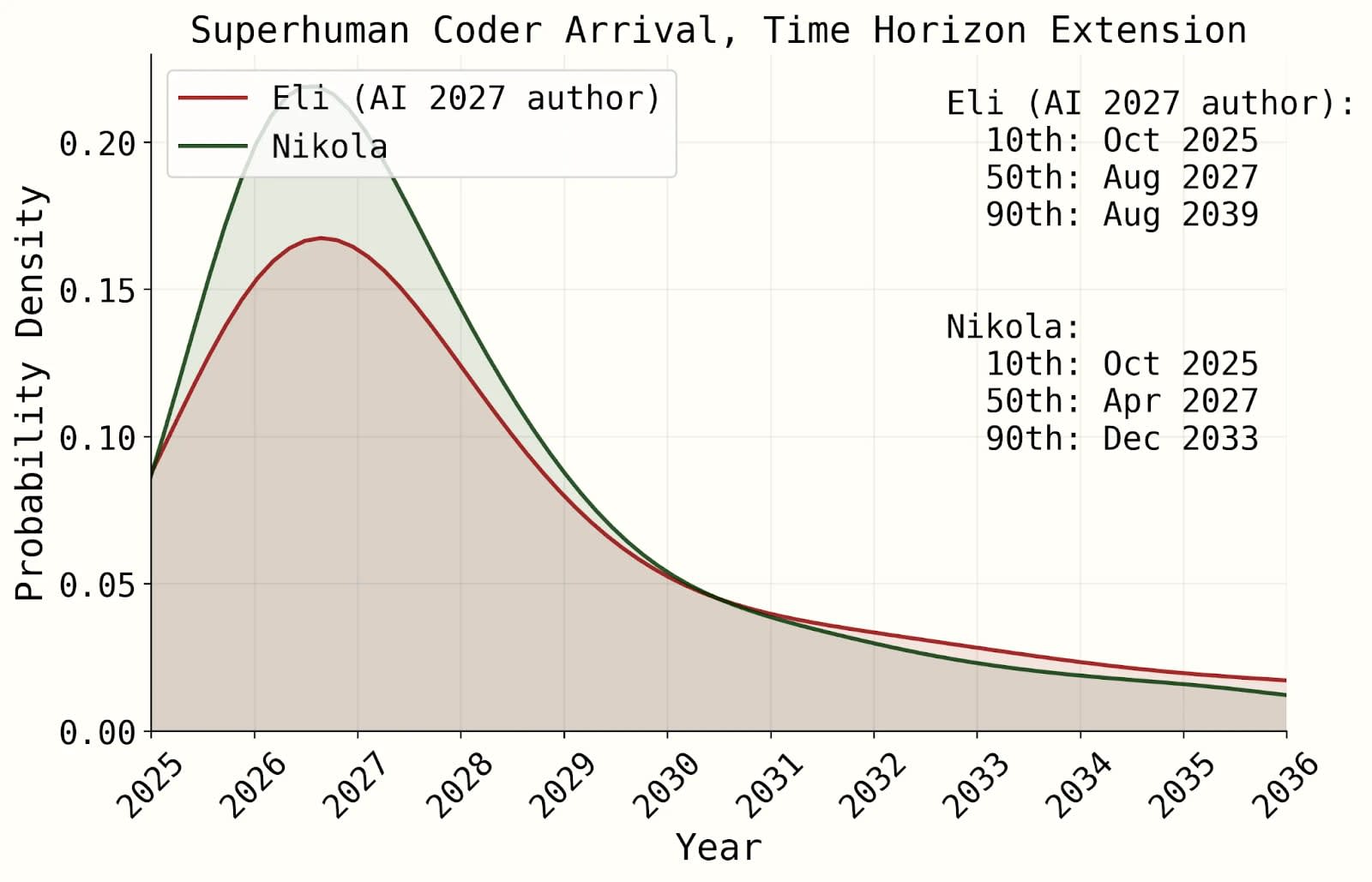At the last EAG Bay Area, I gave a workshop on navigating a difficult job market, which I repeated days ago at EAG London. A few people have asked for my notes and slides, so I’ve decided to share them here.
This is the slide deck I used.
Below is a low-effort loose transcript, minus the interactive bits (you can see these on the slides in the form of reflection and discussion prompts with a timer). In my opinion, some interactive elements were rushed because I stubbornly wanted to pack too much into the session. If you’re going to re-use them, I recommend you allow for more time than I did if you can (and if you can’t, I empathise with the struggle of making difficult trade-offs due to time constraints).
One of the benefits of written communication over spoken communication is that you can be very precise and comprehensive. I’m sorry that those benefits are wasted on this post. Ideally, I’d have turned my speaker notes from the session into a more nuanced written post that would include a hundred extra points that I wanted to make and caveats that I wanted to add. Unfortunately, I’m a busy person, and I’ve come to accept that such a post will never exist. So I’m sharing this instead as a MVP that I believe can still be valuable –certainly more valuable than nothing!
Introduction
80,000 Hours’ whole thing is asking: Have you considered using your career to have an impact?
As an advisor, I now speak with lots of people who have indeed considered it and very much want it – they don't need persuading. What they need is help navigating a tough job market.
I want to use this session to spread some messages I keep repeating in these calls and create common knowledge about the job landscape.
But first, a couple of caveats:
1. Oh my, I wonder if volunteering to run this session was a terrible idea. Giving advice to one person is difficult; giving advice to many people simultaneously is impossible. You all have different skill sets, are at different points in



Fair enough. I don't actually think it's a super high impact thing, I just needed an excuse to post it here. Otherwise would have seemed too random.
Come to think of it LessWrong would have been a better place to post.